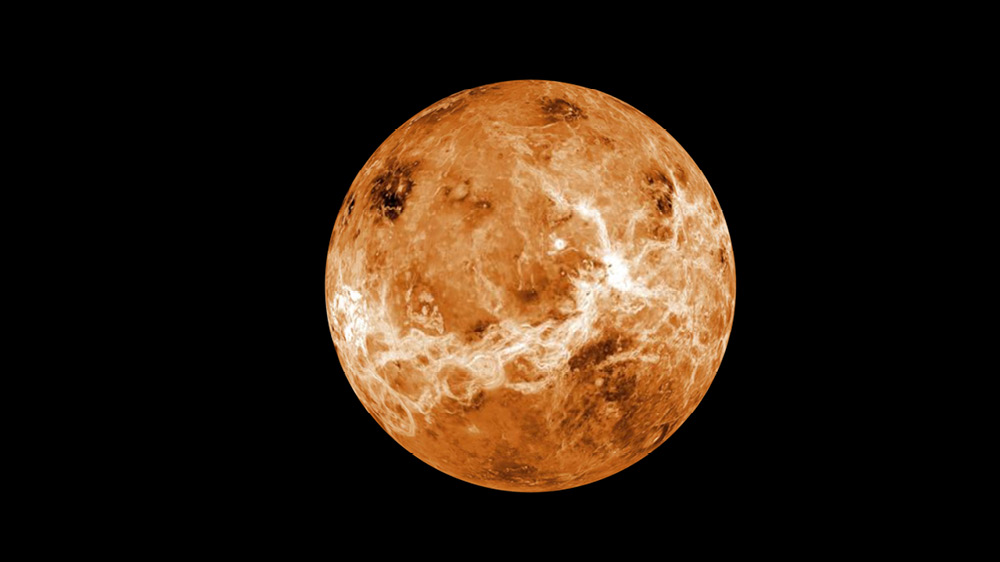If you are not able to attend in person, here is a zoom-link.
Abstract:
Venus could've been a twin of the Earth. Its size and position in the solar system are not very different from Earth’s, so we might think these planets have similar composition and heat budget. Yet, the surface of Venus is notoriously hot and dry, and its atmosphere is dramatically heavy and corrosive. What went wrong on Venus, or what went right on the Earth to make it the habitable planet we live on today? To answer these questions, one must understand how the geology of these two planets differs from one another. Venus does not have plate tectonics as we experience it Earth today, but it is still active. I will discuss the similarities and differences between the tectonic regimes of the Earth and Venus. We will explore how Venus is able to lose its internal heat and what this might mean for the evolution of its atmosphere and habitability. These considerations open the question of whether Venus represents the Earth's past, its future, or a completely different evolutionary scenario.
